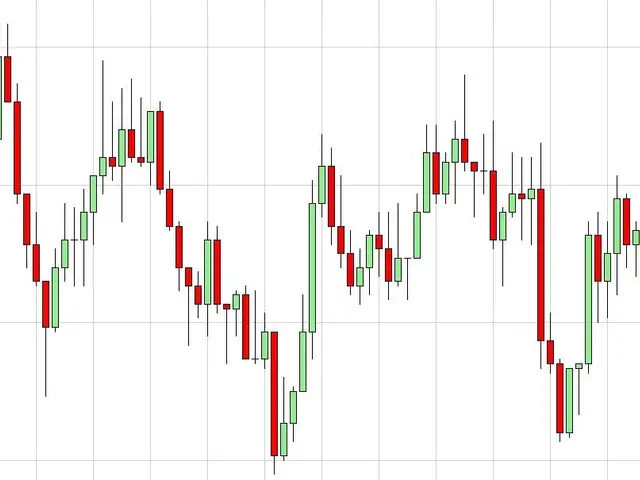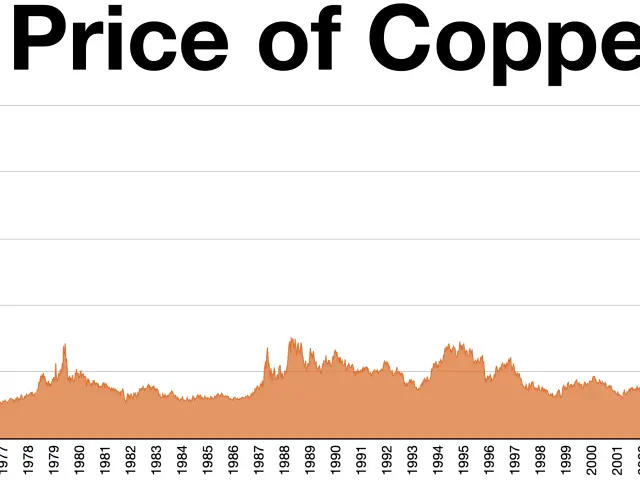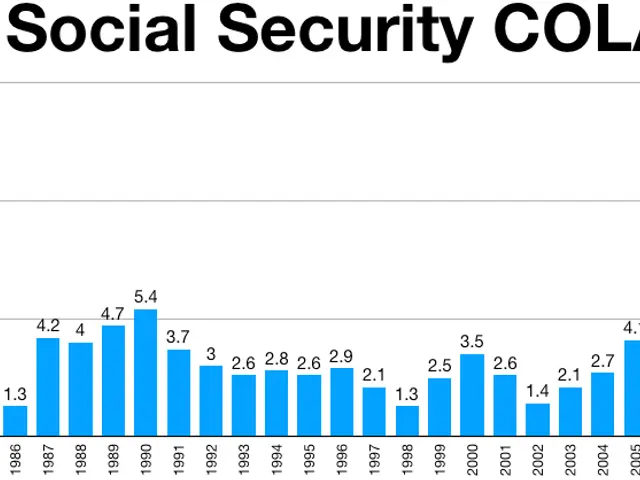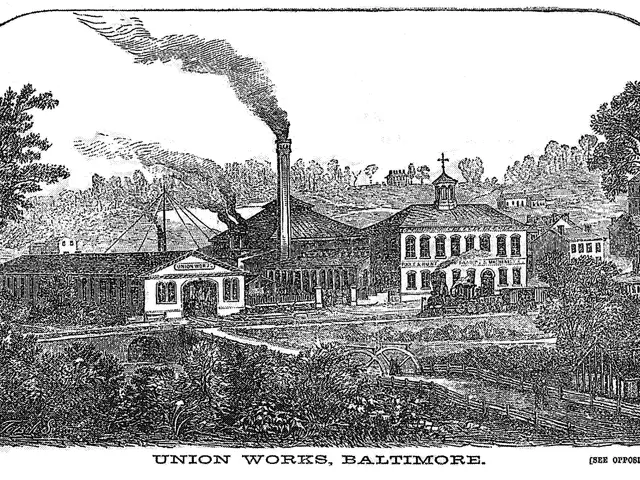Texas Governor Greg Abbott's proposal to increase the retirement age is a non-solution, according to State Senator Kevin Eltife.
Germany's Pension Reform Debate: A Battle Between Financial Sustainability and Social Security
Germany is currently grappling with a contentious pension reform proposal, which involves freezing the statutory pension level at 48% until 2031. This reform, aimed at ensuring retirees receive 48% of their previous net income as pension benefits, also includes increasing pension contributions slightly and expanding benefits such as the "mother’s pension."
However, this proposed freeze on the pension level has sparked criticism, particularly from Ines Schwerdtner, chairwoman of the Left party. Schwerdtner advocates for raising the pension level to 53%, arguing that this is necessary to protect pensioners from poverty and ensure a dignified retirement. She criticizes the government’s freeze as inadequate and advocates for a more generous pension policy.
The Left party, under Schwerdtner's leadership, believes that everyone should pay into the pension fund, including MPs and civil servants. They argue that the social state is weakened by those who propose cuts to pensions and those who propose raising the retirement age are not solutions to improve the situation of pensioners.
The debate reflects the broader tension between the financial sustainability of the pension system amid demographic pressures and the political and social imperative to guarantee sufficient pension incomes for retirees. The Left Party Executive Board does not support the invention of new pension products and suggests looking at the pension system in Austria as a potential model, where pensioners receive almost twice as much.
The government's proposal includes increasing pension contributions slightly, from 18.6% to 18.8% by 2027. However, some call for broader inclusion of the self-employed in pension contributions. The debate also includes discussions about structural reforms or longer working lives, as necessary to preserve the system. Economist Veronika Grimm proposed cuts to social benefits, an idea firmly rejected by SPD and Green party leaders who consider such austerity measures reductive and socially harmful.
In summary, the pension reform debate in Germany is a complex issue, with the government's proposal facing criticism for its proposed freeze on the pension level. The Left party, led by Ines Schwerdtner, advocates for a more generous pension policy and a raise in the pension level to 53%. The debate underscores the importance of balancing the financial sustainability of the pension system with the need to guarantee sufficient pension incomes for retirees.
| Aspect | Government Proposal | Criticism / Alternative Viewpoints | |---------------------------|---------------------------------------------|-------------------------------------------------------| | Pension level | Freeze at 48% until 2031 | Seen as insufficient or financially unsustainable | | Pension contributions | Increase from 18.6% to 18.8% by 2027 | Some call for broader inclusion of self-employed | | Mother’s pension | Increase benefits for parents of children pre-1992 | Generally supported but costly | | Structural reform | Not major in current proposal | Suggestions for longer working lives, structural changes| | Left party (Ines Schwerdtner) | Advocates raising pension level to 53% | Critiques freeze as inadequate, fights pension poverty|
- Other parties, such as the Left party, are pushing for a more generous wealth-management policy, proposing a raise in the pension level to 53% to protect pensioners from poverty.
- In the broader political landscape, the pension reform debate is not just about personal-finance matters; it also intersects with policy-and-legislation and politics, with economist Veronika Grimm's proposal for cuts to social benefits, which has been firmly rejected by SPD and Green party leaders.
- The General-news coverage of Germany's pension reform debate highlights the ongoing tension – the government's focus on financial sustainability versus the social security needs of retirees – a concern shared by the Left party, which also advocates for all MPs and civil servants to pay into the pension fund, similar to the Austrian pension system.






